When teaching astronomy to your middle and high school students, it’s important to have books on astronomy that optimize learning while keeping your student engaged! Astronomy on its own is a fascinating subject that kids of all ages love, but books on astronomy can make this subject even more well-loved.
That being said, we’ve put together an extensive astronomy reading list for you to use in homeschooling. This list is a great supplemental source to an astronomy curriculum, but it also can be used for older students who just love space!
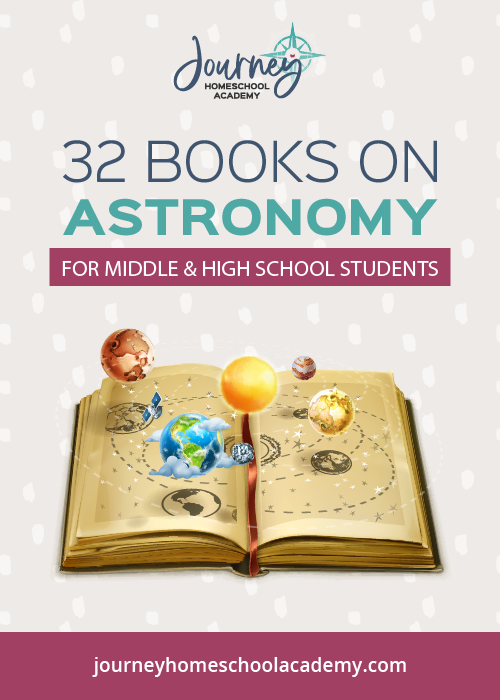
32 Astronomy Books to Read in Middle and High School
To make this reading list even easier to browse through, we’ve divided our book recommendations into the following categories:
- Books about stars and constellations
- Books about the solar system and universe
- Books on astronomy with lots of pictures
- Books about the history of astronomy
- Books for the deep thinker
- Fictional books on astronomy (for fun reading!)
*Note: Although many of these books teach about astronomy from a Creation-based perspective, some (e.g. encyclopedias) may discuss the age of the earth being millions or even billions of years old. If this is something you’re looking to avoid discussing with your student, keep an eye open for any of the books that don’t teach from a biblical perspective! However, this could also be a great discussion starter with your student. Either way, we’re here to support you in your homeschool journey!
Books About Stars and Constellations
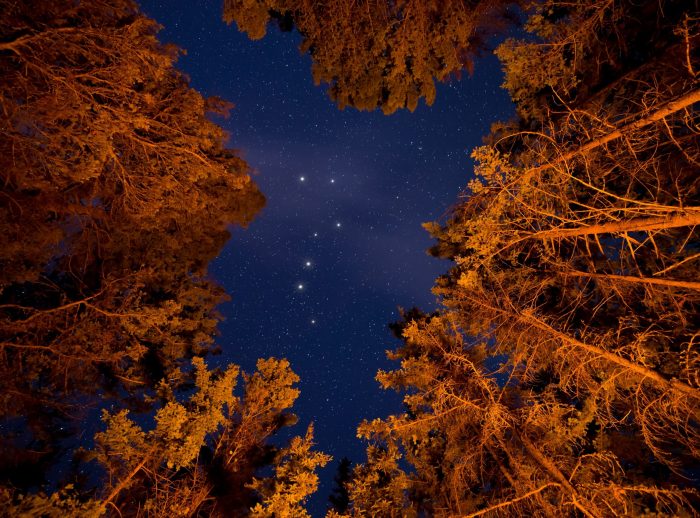
1. The Stars: A New Way to See Them by H.A. Ray
For both beginners and experts, this book is a go-to guide for viewing stars and constellations. Charts and maps are included to provide visual guidance! Beyond astronomy class, this book will be a staple for your homeschool bookshelf.
2. Star Maps for Beginners by I.M. Levitt and Roy Marshall
Unlike most star guides that use round maps for night sky observations, the maps in this guide are cross-shaped. This makes it easier for astronomers of younger ages (your middle and high school students!) to actually find star patterns in the sky.
3. The Brightest Stars: Discovering the Universe through the Sky’s Most Brilliant Stars by Fred Schaaf
Each of the 21 chapters in this book is focused on one of the brightest stars visible from Earth, with tips on finding the stars in the night sky! There is also a detailed history behind each star and useful information about the physical nature of these 21 bright stars.
4. How to Use an Astronomical Telescope by James Muirden
Once you’ve decided what telescope to purchase (not necessary for astronomy, but definitely a fun addition to learning), you’re going to want to learn how to use it! The title of this book is self-explanatory; let’s use a telescope!
5. The Stargazer’s Guide to the Night Sky by Dr. Jason Lisle
Full of pictures, charts, and even a video link for expert advice, this guide displays the marvels of our universe and uses real-life applications and activities to help your student grow in their knowledge of the galaxies.
6. Look to the Stars by Buzz Aldrin (best for middle school students)
Written by a former American astronaut, this book guides readers through the history of space exploration. Aldrin has a unique perspective as an astronaut who has actually walked on the moon!
7. Signs and Seasons: Understanding the Elements of Classical Astronomy by Jay Ryan
The goal of Signs & Seasons is to help the reader become an outdoor observer of the sky and to understand how the sky is the foundation for timekeeping and navigation—according to the cycles of the sun, moon, and stars. This is also the book we recommend to accompany our Experience Astronomy Level B and Level C course.
8. Walk Through the Heavens: A Guide to Stars and Constellations and Their Legends by
Written for beginners, this book retells the ancient legends associated with the constellations. It provides clear instructions and easy-to-read maps to help find popular constellations and locate their brightest stars.
Books About the Solar System and Universe
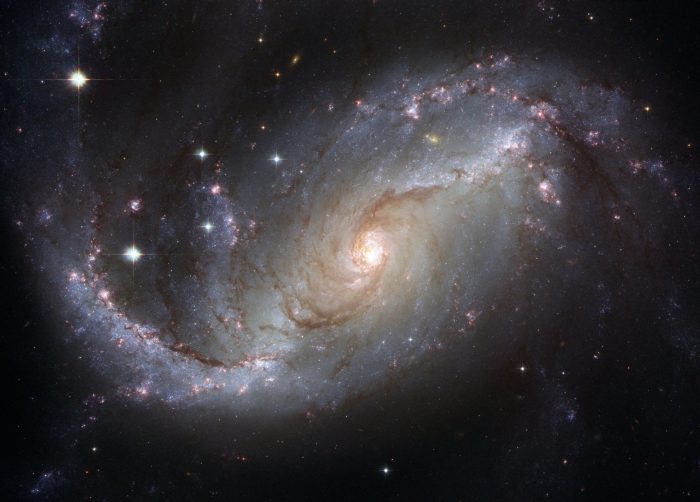
9. Taking Back Astronomy: The Heavens Declare Creation by Jason Lisle
This book offers an introduction to a biblical view of the universe. It includes full-color photos and explores creation-based evidence that the universe is young.
10. Solar System Reference for Teens by Bruce Betts
Written just for teenagers, this all-encompassing book brings tons of images, fascinating facts, and a range of exploration into the history of astronomy and who has made this science so great.
11. Our Created Moon: Earth’s Fascinating Neighbor by Don DeYoung and John Whitcomb
Finally, a book all about the moon! This Scripture-based book will teach your students anything and everything they possibly need to know about Earth’s bright neighbor. In addition, the authors offer questions and answers for critics who doubt the validity of Creation.
12. The Sun by Seymour Simon (best for middle school students)
Written in a shorter format with large pictures, this read is perfect for middle school students who are curious about the sun but not quite ready to dive too deep into the endless research and information surrounding the sun.
13. The Mysterious Universe by Ellen Jackson
This book takes a different approach to astronomy than most of the other books on this reading list! The author follows a distinguished American astrophysicist to a volcano in Hawaii where they study space phenomena and look for supernovae and black holes.
14. Exploring the World of Astronomy by John Hudson Tiner
This book can be read by students of all ages, and each chapter ends with a review and multiple-choice questions to encourage memory retention.
Books on Astronomy With Lots of Pictures
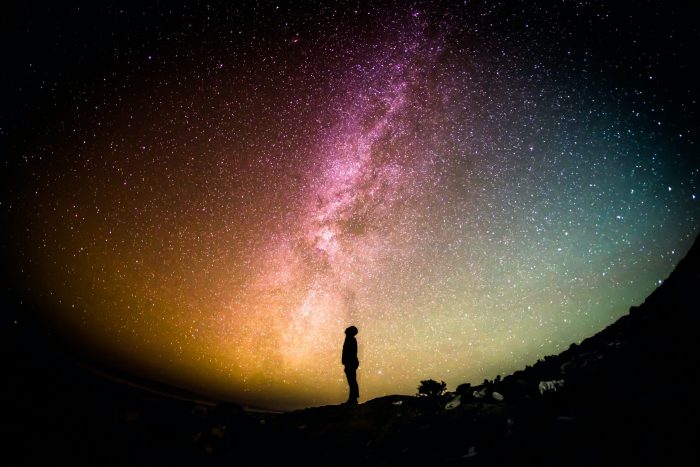
15. Space Atlas: Mapping the Universe and Beyond * by James Trefil
Published by National Geographic, this 300+ page book is loaded with everything you and your student needs to know about the solar system, the universe, and beyond!
16. The Usborne Book of Astronomy and Space by Usborne Books
Another solid staple for your homeschooling bookshelf! Middle schoolers will especially love colorful illustrations and easy-to-read pages.
17. To Space and Back by Sally Ride
The author of this book was the first American woman to travel into space! Ride shares her start-to-finish journey (with lots of real-life photos!) of being on an astronaut crew exploring the wonders of the galaxies.
18. The New Astronomy Book (Wonders of Creation) Danny Faulkner
Full of pictures and a pull-out poster, this book teaches about the wonders of the universe that God has created. Faulkner uses the book of Job to describe the changing of the stars and seasons.
Books About the History of Astronomy
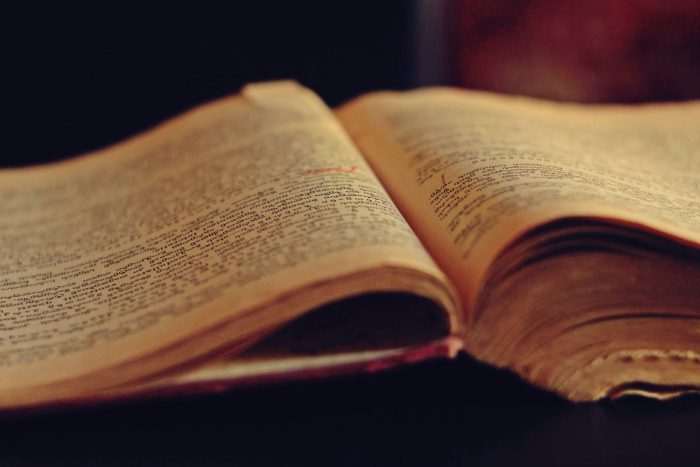
19. Pioneers in Astronomy and Space Exploration by Michael Anderson
Before space exploration could begin, there needed to be groundwork laid for this scientific discovery. In this book, Anderson addresses this groundwork by highlighting the pioneers of astronomy and space exploration.
20. The Astronomy Book: Big Ideas Simply Explained by DK Books
This encyclopedia attempts to answer any and every question about astronomy, and your student will be able to use it year after year as they explore and experience astronomy!
21. Great Astronomers by Robert Ball
The science of astronomy wouldn’t be what it is today without the countless hours of research, work, and critical thinking from great astronomers. This book shares the lives of renowned scientists like Copernicus, Galileo, and John Herschel!
22. The Story of Science: Aristotle Leads the Way by Joy Hakim
It’s time to travel back to ancient times and learn about the early astronomers, mathematicians, and physicists! The author highlights Aristotle, a renowned philosopher whose work has continued to impact science and thinking for hundreds of years.
23. Celestial Geometry by Ken Taylor
This book is a bit unconventional because it focuses on how astronomical observation led to the building of many of the ancient monuments throughout the world (places like Stonehenge, the temples in Egypt, etc.). It explains astronomical concepts and gives great examples of how ancient people interacted with the sky.
Books for the Deep Thinker

24. Apollo Expeditions to the Moon by Edgar Cortright
Published by NASA, this special edition read commemorates the 50th anniversary of the 1969 moon landing. The book is full of essays, photographs, and contributions from astronauts like Buzz Aldrin and Alan Shephard.
25. Stars and Their Purpose by Werner Gitt
Although astronomers have a massive amount of information about stars, there is still so much that they just don’t know. With an estimated 200 billion stars in our galaxy alone (and there are 100 million galaxies!), we can’t help but be in awe of what God has created and his purpose in doing so.
26. The Created Cosmos: What the Bible Reveals About Astronomy by Danny Faulkner
Scripture is full of knowledge regarding the science of astronomy! This intensely focused book will give deep thinkers the opportunity for critical thinking about astronomy from a biblical worldview.
27. The Expanse of Heaven: Where Creation & Astronomy Intersect by Danny Faulkner
Faulkner does it again! This book applies a biblical model of creation to the science of astronomy. It’s a hefty read, but it will encourage your high school student to go beyond history books and also look at what the Bible tells us about the universe and our God-given ability to study the night sky.
Fictional Books on Astronomy (for Fun Reading!)
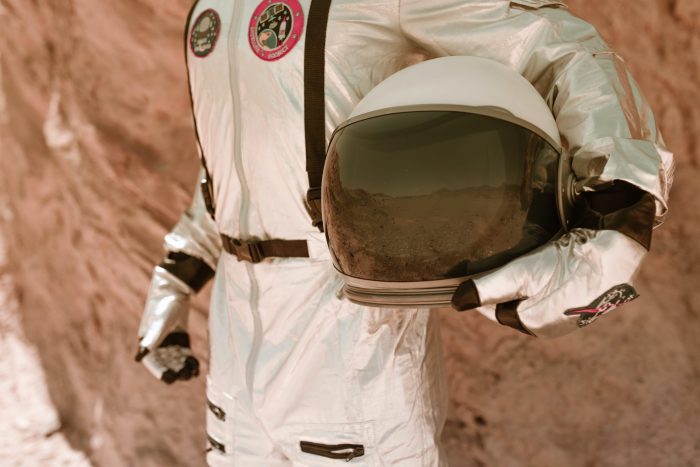
28. A Wrinkle in Time by Madeleine L’Engle
Best for high school students! This is the first classic in the Time Quintet series by L’Engle.
29. Cinder by Marissa Meyer
Best for high school students! This is book one in the Marissa Meyer Lunar Chronicles, and well, you’ll just have to read the wild book description for yourself!
30. The Countdown Conspiracy by Katie Slivensky
Best for middle school students! In this book, a mission to Mars is happening, and six kids get to train to make this life-changing space exploration happen.
31. See You in the Cosmos by Jack Cheng
Best for middle school students! The main subject of this book, Alex, loves all things astronomy and wants to mimic the adventures of his beloved astronomer hero, Carl Sagan.
32. Night Operation by Owen Barfield
Best for high school students! Barfield was a scholar whose thinking informed authors like C.S. Lewis and J.R.R. Tolkien. He wrote this dystopian future sci-fi novel that highlights the rollercoaster of humanity.
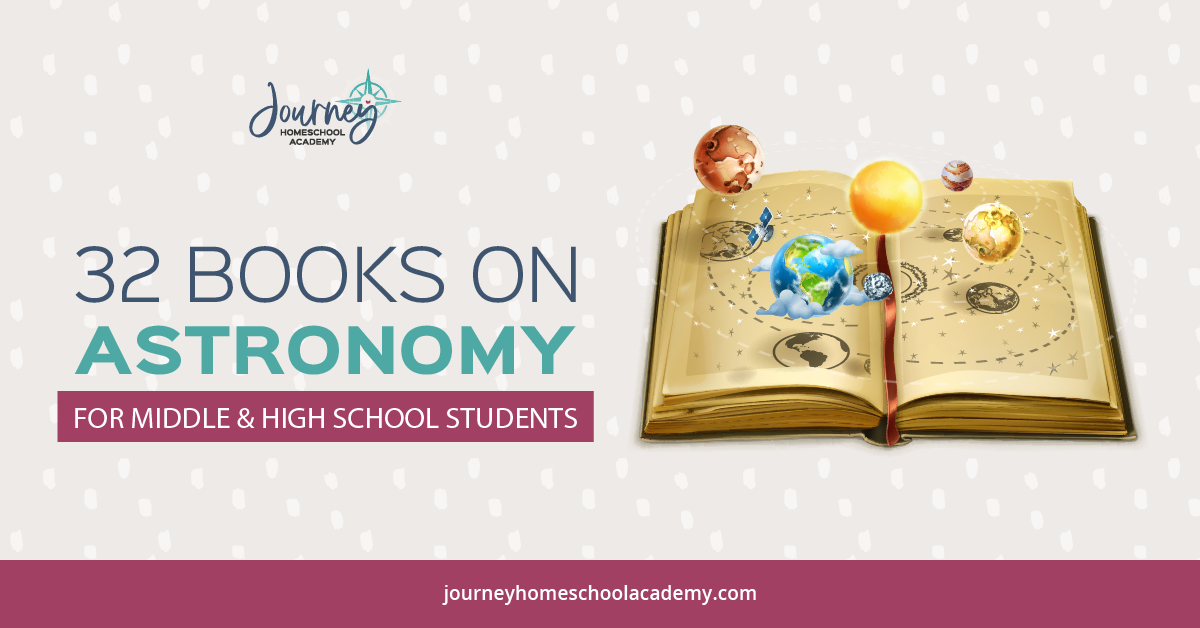
Take Astronomy Reading a Step Further with Experience Astronomy
Now that your homeschooler has a pile of astronomy books to read, we want to tell you about Experience Astronomy. Written and published by Journey Homeschool Academy, this astronomy curriculum is available for students of all ages. That’s right: elementary, middle, and high school!
Our online course ties hands-on experiences to key learning concepts. And, for middle and high school students, Experience Astronomy takes learning to a deeper level – beyond just looking at stars and reading about the moon.
At Journey Homeschool Academy, we strongly encourage using supplemental books to learn (though it’s not necessary when using our curriculum). So, grab some of the books on astronomy from the reading list above and let learning soar to places we’ve never been!
